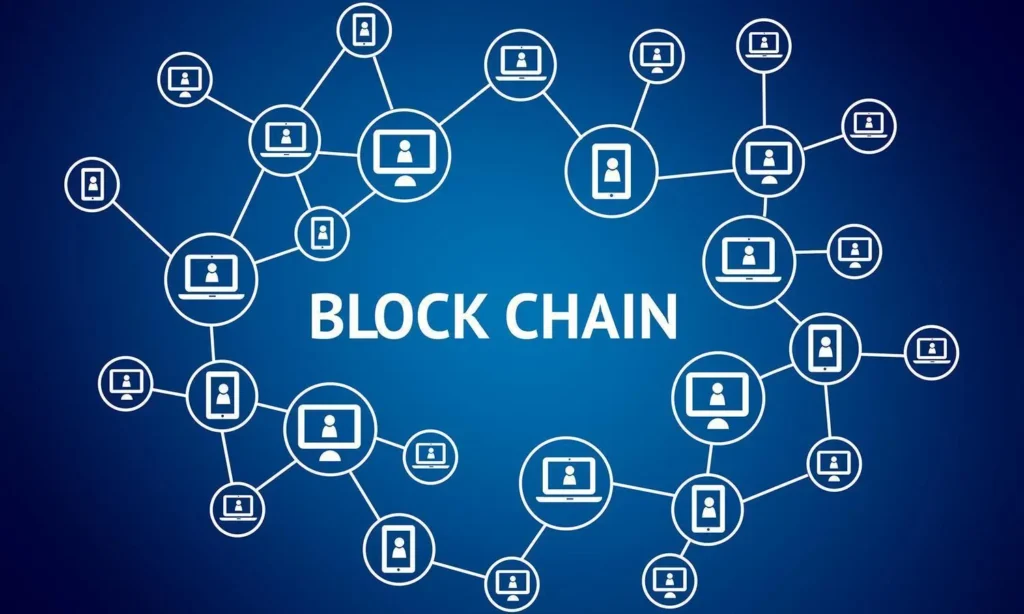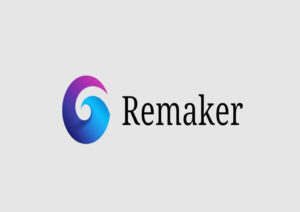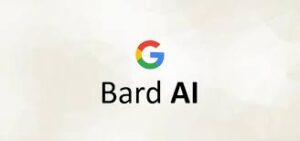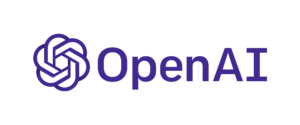Distributed ledger technology with growing lists of records securely linked together.
Blockchain is a decentralized, distributed, and public digital ledger that records transactions across a network of computers. It was invented by Satoshi Nakamoto in 2008 to serve as the public transaction ledger for Bitcoin, but its applications have expanded to various industries beyond cryptocurrencies
A blockchain is a continuously growing list of ordered records, called blocks, which are linked using cryptography. Each block contains a cryptographic hash of the previous block, a timestamp, and transaction data. This structure makes the blockchain tamper-evident, delivering the key strength of immutability. It removes the possibility of tampering by a malicious actor, and builds a ledger of transactions that you and other network members can trust.
The primary benefit of blockchain is as a database for recording transactions, but its benefits extend far beyond those of a traditional database. It removes the possibility of tampering by a malicious actor, as well as providing transparency, security, and efficiency in various business processes.
Blockchain technology has various applications beyond cryptocurrencies, including supply chain management, healthcare, finance, and intellectual property rights management. It can be used to track and verify the authenticity and ownership of physical and digital assets, improve data security and privacy, and streamline business processes by eliminating intermediaries and reducing transaction costs.

In summary, blockchain is a revolutionary technology that has the potential to transform various industries by providing a secure, transparent, and tamper-evident database for recording and verifying transactions and assets. Its decentralized and distributed nature, as well as its cryptographic security features, make it an attractive alternative to traditional databases and record-keeping systems.
What are the benefits of using blockchain technology.
- Trust: Blockchain enables trust between different entities where trust is either nonexistent or unproven. It creates trust between participants who may not have direct relationships, such as in Bitcoin and cryptocurrencies.
- Decentralized structure: Blockchain enables data sharing within an ecosystem of businesses where no single entity is exclusively in charge. This is particularly useful in supply chain management, where multiple businesses require information from others in the chain.
- Improved security and privacy: Blockchain-enabled systems are more secure, as they use cryptographic techniques to ensure data has not been tampered with. This is particularly important for financial institutions, healthcare organizations, and government agencies that need to ensure data privacy and security.
- Reduced costs: Blockchain can significantly reduce paperwork and errors, and reduce or eliminate the need for third parties or middlemen to verify transactions. This can lead to cost savings from increased speed, efficiency, and automation.
- Transparency and traceability: Blockchain creates an audit trail that documents the provenance of an asset at every step on its journey. This is particularly useful in industries where consumers are concerned about environmental or human rights issues surrounding a product.
- Elimination of intermediaries: Blockchain eliminates the need for intermediaries, reducing costs and increasing efficiency. It also empowers individuals by providing them with greater control over their personal data.
- Smart contracts: Blockchain enables the use of smart contracts, which are self-executing contracts with the terms of the agreement directly written into code. They automatically trigger the next step in the transaction or process when pre-specified conditions are met, reducing human intervention and reliance on third parties.
- Faster and more efficient transactions: Blockchain can complete transactions faster and more efficiently, as it eliminates the need for manual processes and third-party mediation.
- Data security: Blockchain can help improve data security by making it difficult for hackers to view data, as information is stored in a distributed ledger rather than a single server.
- Immutability: Once recorded, data on the blockchain cannot be changed retroactively without the alteration of all subsequent blocks and a collusion of the network, making it essentially “tamper-proof”.
Some real-world examples of blockchain technology.
- Real Estate: Property Chain is a blockchain-based platform that simplifies the process of buying and selling real estate by reducing the need for paperwork and intermediaries.
- Healthcare: MediLedger is a blockchain platform that securely and transparently shares healthcare data between different stakeholders, such as patients, healthcare providers, and insurance companies.
- Cross-Border Transactions: The Stellar Network is a blockchain-based platform that enables faster and more cost-effective cross-border transactions by reducing the need for intermediaries and providing a secure and transparent network.
- Gaming: The Sandbox is a blockchain-based platform that allows gamers to create and trade in-game assets, such as virtual real estate and collectibles, in a decentralized and transparent manner.
- Asset Management: Blockchain technology can be used to manage and track various types of assets, such as real estate, commodities, and financial instruments, in a secure and transparent manner.
- Supply Chain Management: Blockchain technology can be used to track and verify the authenticity and provenance of goods as they move through the supply chain, improving transparency and reducing the risk of fraud.
- Identity Verification: Blockchain technology can be used to securely and transparently verify the identity of individuals and entities, reducing the risk of fraud and identity theft.
- Decentralized Finance: Blockchain technology is being used to create decentralized financial systems that are more accessible, transparent, and secure than traditional financial systems.
- Cryptocurrency: Blockchain technology is the foundation for various cryptocurrencies, such as Bitcoin and Ethereum, enabling secure and decentralized peer-to-peer transactions.
- Healthcare: Blockchain technology can be used to securely and transparently store and share healthcare data, improving patient care and reducing costs








